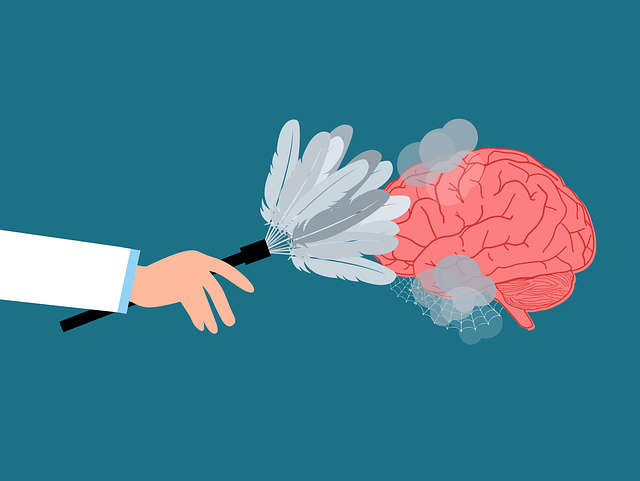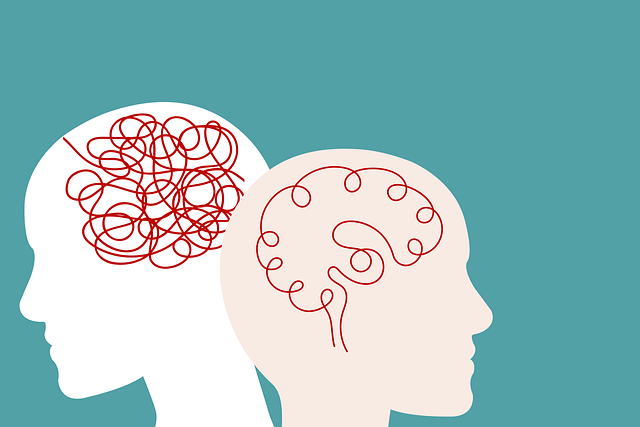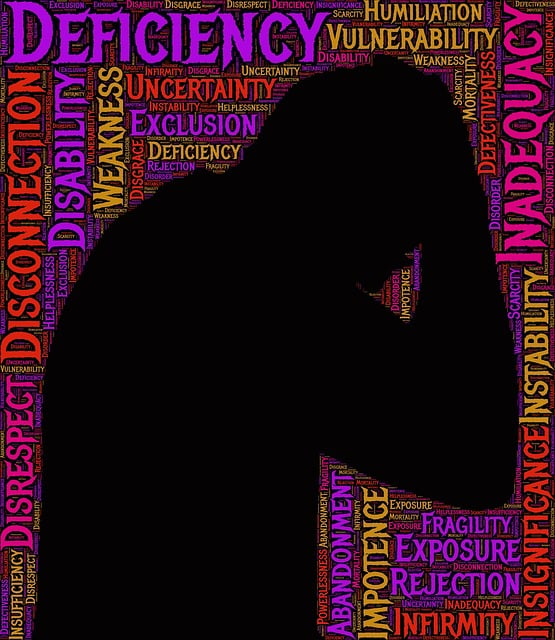Northglenn Relationship Issues Therapy offers a comprehensive approach to resolving couples' challenges. By assessing situations during crisis intervention, their professionals tailor support, focusing on conflict resolution or anxiety management. They utilize evidence-based practices like Mindfulness Meditation and Mental Wellness Journaling to provide immediate relief and long-term healing. Post-intervention, the therapy continues with ongoing guidance on self-care, compassion cultivation, and conflict resolution skills, empowering clients to navigate future difficulties.
In moments of crisis, swift and effective intervention can be a lifeline. Northglenn Relationship Issues Therapy offers valuable insights into crisis intervention strategies, emphasizing a holistic approach to support individuals and couples navigating turbulent times. This article delves into understanding crisis intervention from a Northglenn perspective, assessing red flags, implementing strategic solutions for relationship distress, and providing post-intervention support to foster resilience and long-term healing.
- Understanding Crisis Intervention: A Northglenn Relationship Issues Therapy Perspective
- Assessing the Situation: Identifying Red Flags and Immediate Needs
- Implementing Effective Strategies: Short-term Solutions for Relationship Distress
- Post-Intervention Support: Fostering Resilience and Long-term Healing
Understanding Crisis Intervention: A Northglenn Relationship Issues Therapy Perspective

Assessing the Situation: Identifying Red Flags and Immediate Needs

When providing crisis intervention, the first step is to assess the situation and identify red flags that signal an individual’s immediate needs. This involves actively listening to their concerns and observing verbal and non-verbal cues, such as heightened anxiety or sudden changes in mood. At Northglenn Relationship Issues Therapy, our trained professionals are adept at recognizing these signs, which can range from intense anger to deep feelings of despair. By understanding the context and the person’s emotional state, we can tailor our approach to address specific issues, whether it’s related to conflict resolution techniques or managing anxiety relief.
The assessment process is crucial in determining the best course of action for intervention. It helps us identify not just the immediate challenges but also the underlying causes, such as communication breakdown or unmet emotional needs. This insight enables our therapists to facilitate effective emotional healing processes and guide individuals towards finding lasting solutions, ensuring their well-being and resilience in the face of crisis.
Implementing Effective Strategies: Short-term Solutions for Relationship Distress

Implementing effective crisis intervention strategies is crucial when addressing short-term relationship distress. At Northglenn Relationship Issues Therapy, we emphasize practical solutions that foster immediate relief and lay the groundwork for long-term healing. One powerful approach involves incorporating compassion cultivation practices, such as Mindfulness Meditation, to help individuals navigate difficult emotions and enhance their ability to connect with others.
Additionally, Mental Wellness Journaling Exercises Guidance can serve as a valuable tool during crisis intervention. Encouraging clients to reflect on their feelings, thoughts, and behaviors allows them to gain insights into the root causes of their distress. By combining these evidence-based practices—Compassion Cultivation Practices, Mindfulness Meditation, and Mental Wellness Journaling Exercise Guidance—therapists can provide effective short-term interventions that not only alleviate immediate suffering but also empower individuals to cultivate healthier relationships moving forward.
Post-Intervention Support: Fostering Resilience and Long-term Healing

After a crisis intervention, providing ongoing support is vital to help individuals process their experiences and foster resilience. Northglenn Relationship Issues Therapy offers post-intervention services designed to enhance long-term healing. Therapists can guide clients in developing a robust self-care routine for better mental health, which includes practices like regular exercise, mindfulness techniques, and healthy coping strategies. This holistic approach encourages individuals to take an active role in their recovery.
Additionally, compassion cultivation and conflict resolution techniques are powerful tools to empower people. Through these methods, they learn to navigate challenging situations with empathy and understanding, improving communication and relationships. By combining post-intervention support with practical skills, Northglenn Relationship Issues Therapy ensures that clients not only recover from immediate crises but also develop lasting coping mechanisms for future challenges.
In conclusion, crisis intervention plays a vital role in addressing relationship issues within the Northglenn community. By understanding the unique perspective of local therapy practices, such as those offered by Northglenn Relationship Issues Therapy, professionals can effectively assess and address immediate needs. Implementing short-term strategies to alleviate distress is crucial, while post-intervention support fosters resilience and long-term healing. Equipping individuals with these resources enables them to navigate challenging situations, ultimately enhancing their ability to build stronger, healthier relationships.








